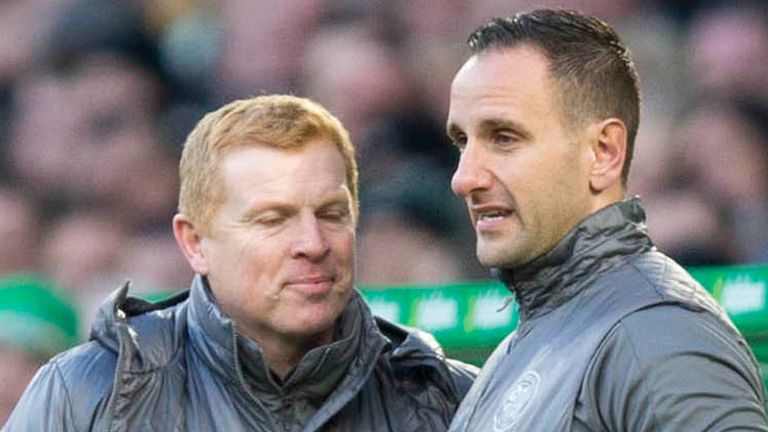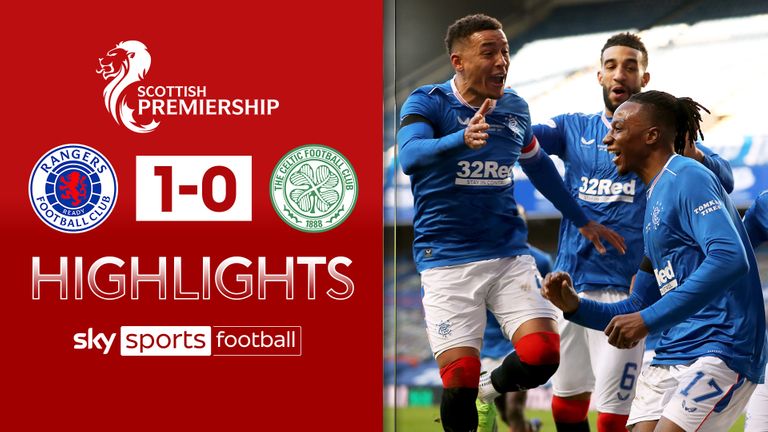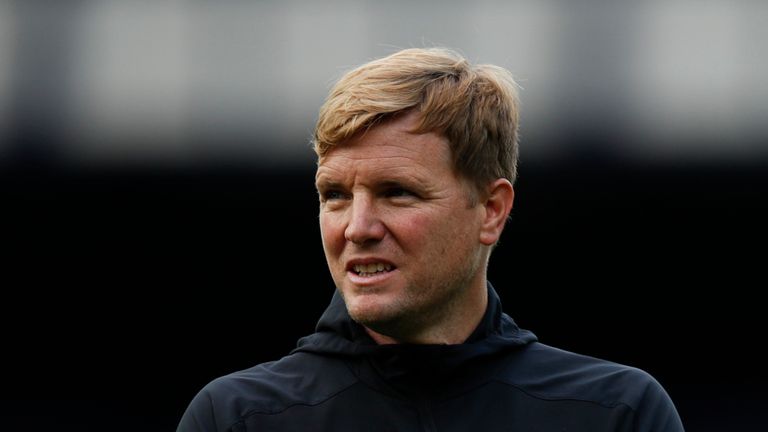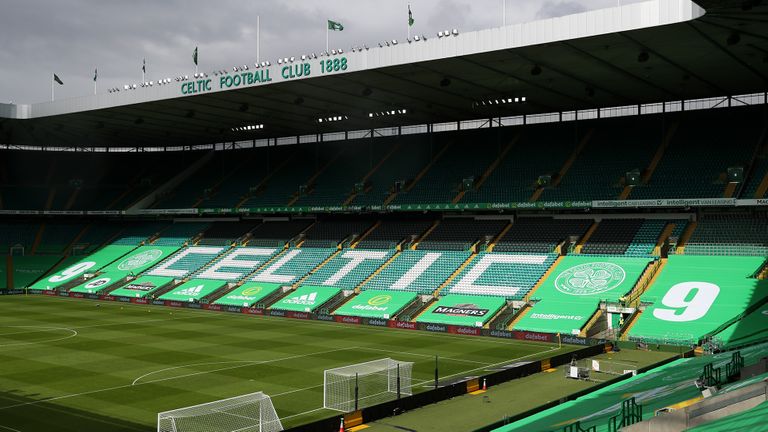In his latest column, Andy Walker discusses Celtic’s nightmare season and why Neil Lennon should have left the club far sooner than this week.
When Celtic lost to Ross County last Sunday night in the Highlands, it very quickly became the last straw for majority shareholder Dermot Desmond and the Celtic board in this calamity of a season, and plans were put in place for the departure of manager Neil Lennon.
If the truth be told, Desmond has made the right call but his timing is way off. He was three months too late in making a change.
To be fair, Desmond has reacted smartly before when it’s been clear change was required. In headhunting Martin O’Neill in 2000 to succeed John Barnes and Kenny Dalglish, it kick-started an era that saw Celtic reach a UEFA Cup final and numerous Champions League victories.
Similarly, when the Ronny Deila experiment was serving up dull football, he convinced a former Liverpool manager, Brendan Rodgers, to revive his career in Glasgow in 2016. It was a masterstroke. They queued for season tickets and every fan got their money’s worth. They say timing is everything.
When Celtic lost to Ross County for the first time this season in the League Cup in late November, the writing was clearly on the wall for a disastrous season unfolding, and decisive action should have been taken then.
I’m not saying this with the benefit of hindsight. When the final whistle blew, I was asked in the Sky Sports studio what my thoughts were – and I didn’t think Neil Lennon would survive this terrible defeat. Too many things were going wrong, and it was time for a change.
I have witnessed more than a few managers come to the end of their time in Glasgow, and you sense change is immediately on the cards.
John Barnes losing at home to Inverness Caley Thistle in the Scottish Cup amid dressing room turmoil – gone in the days that followed. Tony Mowbray losing 4-0 in Paisley to St Mirren – gone less than 24 hours later.
I was sure the defeat to Stuart Kettlewell’s modest squad on November 29 would have set alarm bells ringing for the majority shareholder, as it represented yet another layer to add to the warning signs which were already piling up, screaming that all was not well in the early months of the season.
There was the fallout from the Ferencvaros defeat in the Champions League qualifier when Celtic supporters learned from Lennon that a few players didn’t want to be in Glasgow, despite such a momentous season being on the line. It’s an issue that rankled players and fans alike for months.
Home and away hammerings from Sparta Prague in the Europa League also took your breath away, one of them effectively against a reserve side. Remember, those European defeats came on the back of a loss to Rangers in the first league meeting at Celtic Park, where the home side failed to register a single shot on target.
Add in the Boli Bolingoli incident, and the draw at Aberdeen which highlighted how continually unreliable the Celtic defence was becoming, and the perfect storm was brewing. It was a time for those in power at Celtic Park to be robust, determined, and unwavering.
Instead, the message was ‘all is well, nothing to see here’. If the decision not to remove Lennon then was a refusal to bow to the mob who had gathered outside the ground to hurl abuse and throw missiles at Celtic players and staff, it was a big mistake. The rowdy mob embarrassed themselves, no one else.
If Desmond did not have his finger on the pulse at that point, the Celtic board had a duty to tell him.
Celtic supporters can only wonder what the landscape of the club could have been like had a change been made with so much of the season still to be played. The idea that nobody wanted to touch it for fear of being associated with “losing the 10” is absurd.
Managing Celtic, despite the limited resources in comparison to other richer leagues, is as attractive to ambitious managers and coaches as it ever was.
The simple truth is that there has been no title challenge from Celtic whatsoever. All credit must go to Steven Gerrard and his players. But at no time have Celtic been able to apply any pressure on their rivals, and ask a question of Rangers’ resolve.
For now, John Kennedy is in place. I don’t know the Celtic coach at all but I do know that most of the players enjoy his training sessions. He’s obviously got the backing of former boss Rodgers, but I wonder if he has the personality to get a club as big as Celtic back to winning ways?
One thing is certain – had Kennedy been in place months ago, he’d have a far better chance of convincing the doubters with half of the season still to play in comparison to the mere eight games left now.
Celtic supporters can only hope that there will be a thoroughly professional process put in place to identify Lennon’s successor. Confirming to an interim coach he has got the job permanently when he’s popped out of the shower in the immediate aftermath of a cup final win was both short-sighted and emotional.
I’m speaking to a growing number of Celtic supporters who have switched off in recent weeks under an increasing sense of apathy. The club badly needs a lift, and many things need to change.
With new chief executive Dominic McKay not starting until July 1, I wonder who just now will take advice from the hugely successful Rodgers, and his idea that it is “critical” that a director of football is put in place at a club like Celtic to work alongside the next manager?
Rodgers is right, of course. Managers are accountable for results, no one else. But when the results are continually poor and it’s staring you in the face that a change of manager is needed, the board and owner should be cold and calculating when doing what’s best for the club. They failed the Celtic support months ago.










